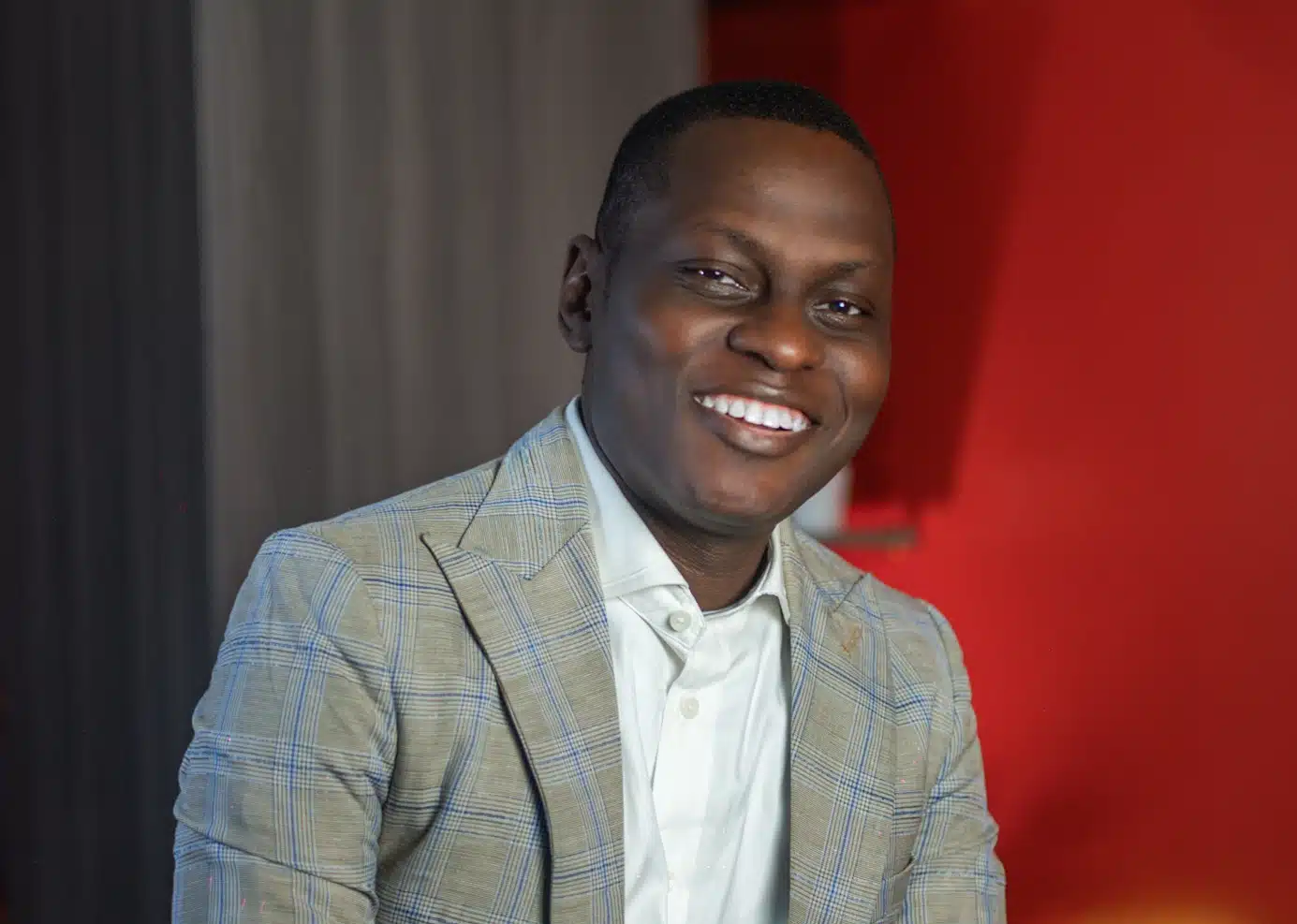One major dilemma when moving to a new location is finding a new and reliable hairstylist, barber, or any other beauty professional. For Idemudia Oriakhi, CEO of Saluni, that struggle became personal in 2021, after returning to Nigeria and simply needing a haircut.
What should have been an easy feat turned into a long, frustrating search, just for a barber. He had to contact his friends in Nigeria, scroll endlessly through Instagram, and search through Google before finding a reliable barber close to his location.
This experience gave him an idea. Drawing from years of experience in real estate, architecture, and the IT industry, Oriakhi decided to build a digital solution for the beauty sector. Called Saluni, the solution aims to make access to beauty professionals seamless.
“Saluni hopes to solve a problem; that is, the speed with which customers get services. There’s a gap, and we’ve built something that bridges the gap.” Oriakhi tells Techpoint Africa.
While Oriakhi had this idea back in 2021, it took a few years to get the company started. Registered in 2023, the company officially launched in March 2024.
Since then, Saluni has attracted over 2,400 customers, 4,200 vendors across Nigeria, South Africa, Togo, Benin Republic, and the United Kingdom. The company has also processed over ₦200 million ($133,000) in gross revenue.
Putting beauty professionals on the map
At its core, Saluni focuses on visibility for beauty professionals and speed for clients. Many skilled professionals remain hidden in their neighbourhoods, relying only on referrals to get customers.
“There’s the possibility that there’s a good barber or stylist one minute away; meanwhile, I’m getting referred to someone who’s a bit far off,” Oriakhi explains.
“This is the core of Saluni. For beauty professionals, this app can be like their shop; for customers, they can get services faster; you don’t have to scroll through Instagram endlessly or Google.”
How Saluni works
The app functions as a beauty marketplace. Vendors sign up and register as a professional; however, they will be required to provide their phone numbers, an ID, NIN, a passport and a driver’s licence.
After registering, they can then add their services, the cost, and timeline for each.
For these vendors, there’s the free model called Saluni Light, where they can share their services and get orders, but would be required to remit a 3-10% commission (depending on the type of service) for each service rendered.
Then there’s the premium subscription-based model, called Saluni Boss, which operates a three-tier paid service.
In this Boss plan, vendors can leverage several perks, which include getting multiple orders simultaneously and exclusive banner rights that are displayed on the Saluni homepage, which also links to their social media pages.
This three-tier Boss plan consists of a monthly ₦14,900 ($9.9) subscription, a 3-month ₦39,900 ($26.5) subscription and a six-month ₦69,900 ($46.5) plan.
For customers, however, they are not required to pay for any subscription. They are only charged based on the price indicated on the service as shown on the platform.
These customers get to sort through multiple professionals around their location and choose based on the proximity, price, or ratings on the service. Just like with Bolt or Uber, the app tells you how long it would take to get to each professional.
“Due to Google’s API, there’s a minimum of 300-400 options,” Oriakhi says.
Customers also get to rate their vendor service and comment section to relay their feedback on either the service or experience.
Revenue comes from subscriptions, commissions, and promotions. Currently bootstrapped, Oriakhi funds operations through profits from his real estate business.
This covers everything from the wallet management to servers to marketing and reward programmes. The startup also offers free masterclasses for vendors to help them sharpen their skills.
Challenges in building a beauty hub
While Saluni got most of its customers through its marketing promotions with influencers like Nigerian BBN star, Mercy Eke and skit maker, Anita Asuoha, also known as Real Warri Pikin, sustaining those customers requires discounts and promos to keep these customers engaged.
The app’s adoption remains one of the toughest challenges, as many people are still more comfortable with referrals, and convincing clients requires more aggressive marketing and success stories.
Competition from social platforms like Instagram, TikTok or even Google also poses a challenge as they still dominate beauty discovery for both vendors and customers.
Network service is also another major challenge, as poor network connectivity sometimes interrupts service and communication, even though Saluni uses Zoho for backend communications.
While the app is operable globally, expanding across borders is not easy, as it requires scaling through compliance hurdles around tax, payments, and local regulations.
What’s next for Saluni
Currently active in 20 Nigerian states, Saluni wants to expand deeper into Nigeria, especially in the Northern regions where its presence is still limited.
Beyond Nigeria, the company is looking to boost its presence in other countries, especially in the UK. Although this has proved difficult since the company has not yet secured funding to help ease this process.
Oriakhi also wants to build a physical training centre in Lagos, Nigeria, to help beauty professionals upskill and deliver quality services.
“People need to understand that they don’t need to move from one physical location to another, looking for better and cheaper beauty services. All they need is Saluni.” Oriakhi says.











